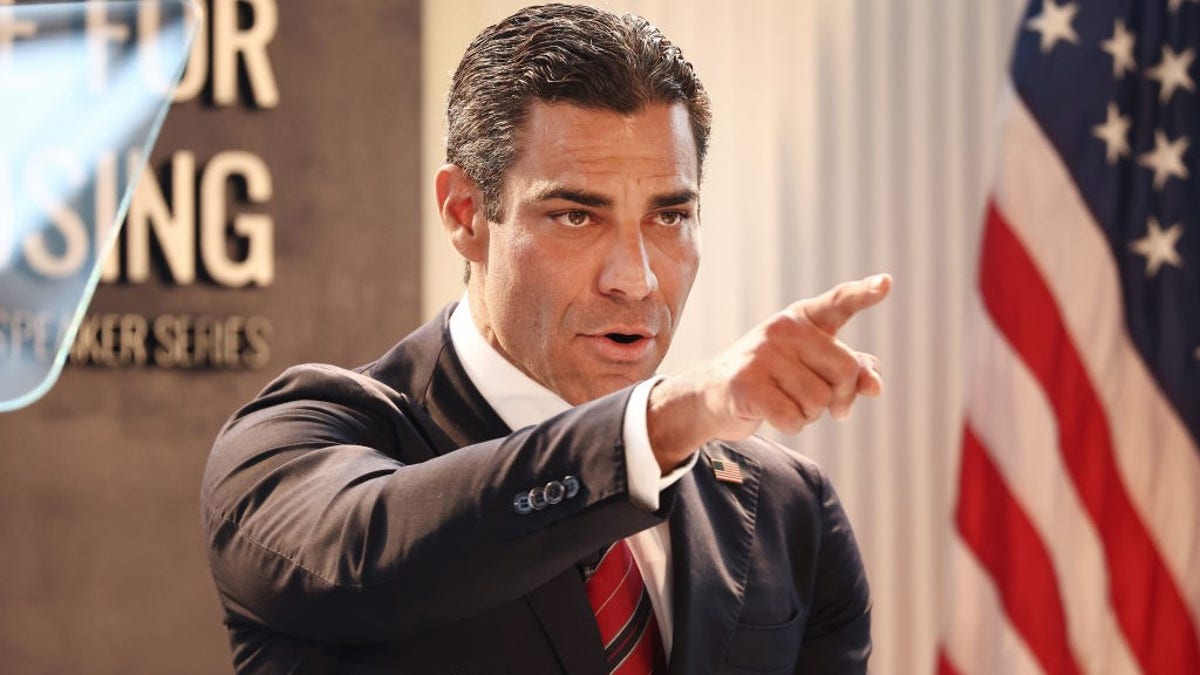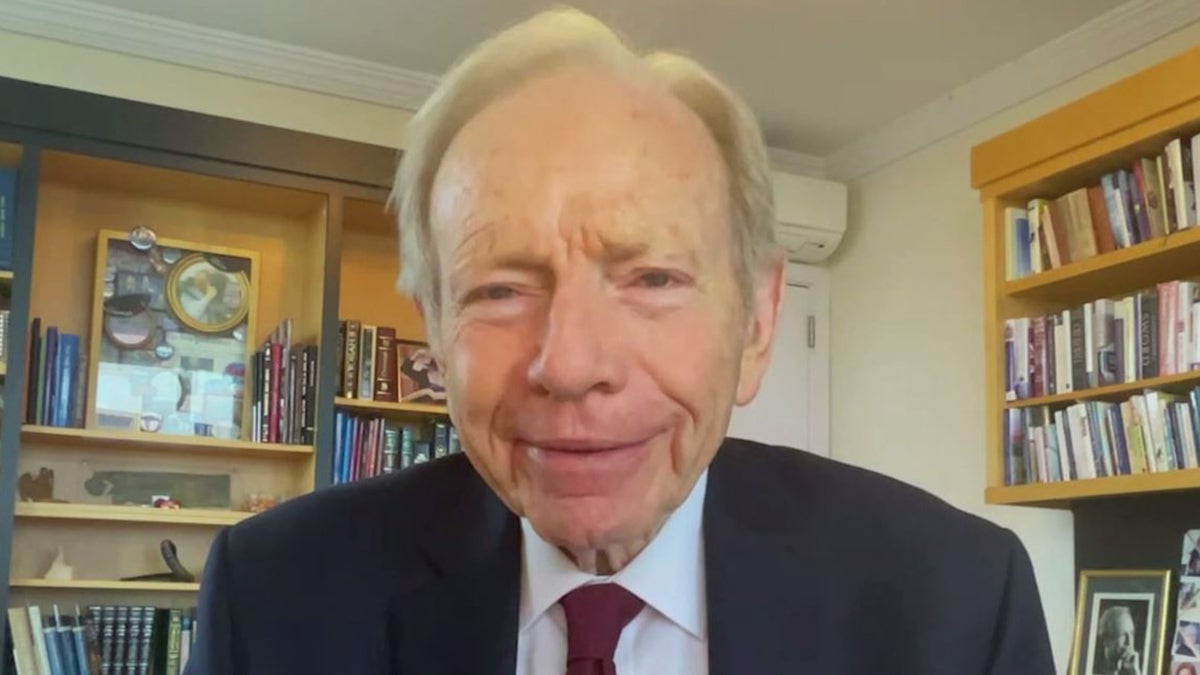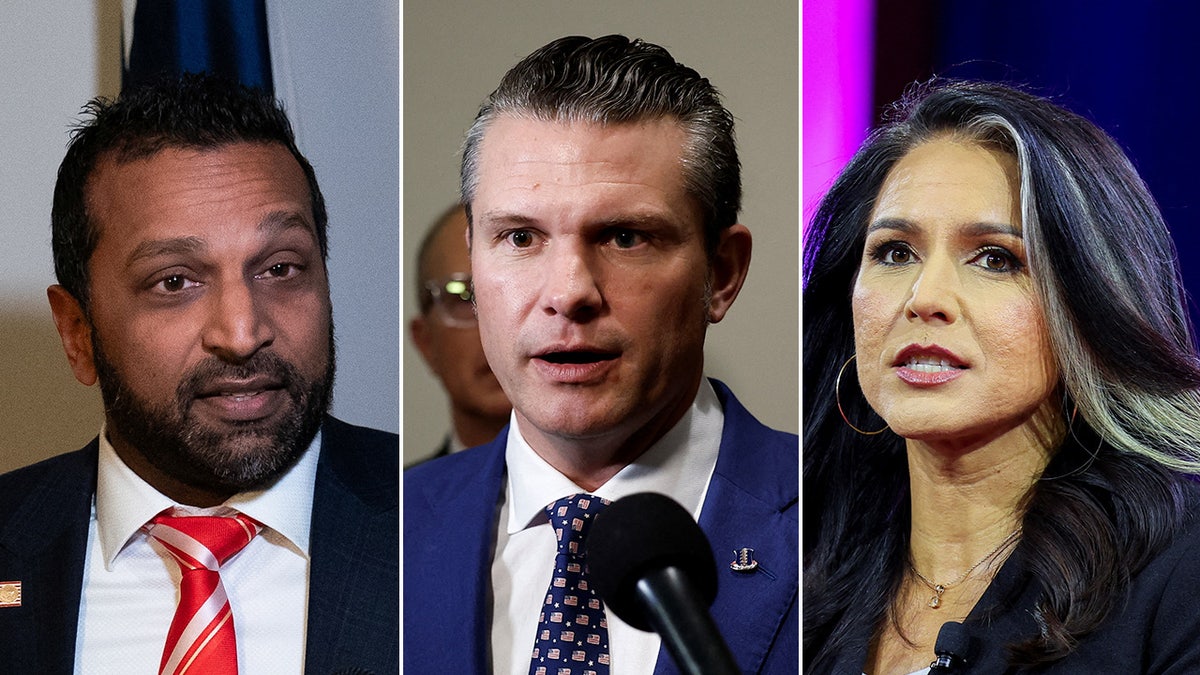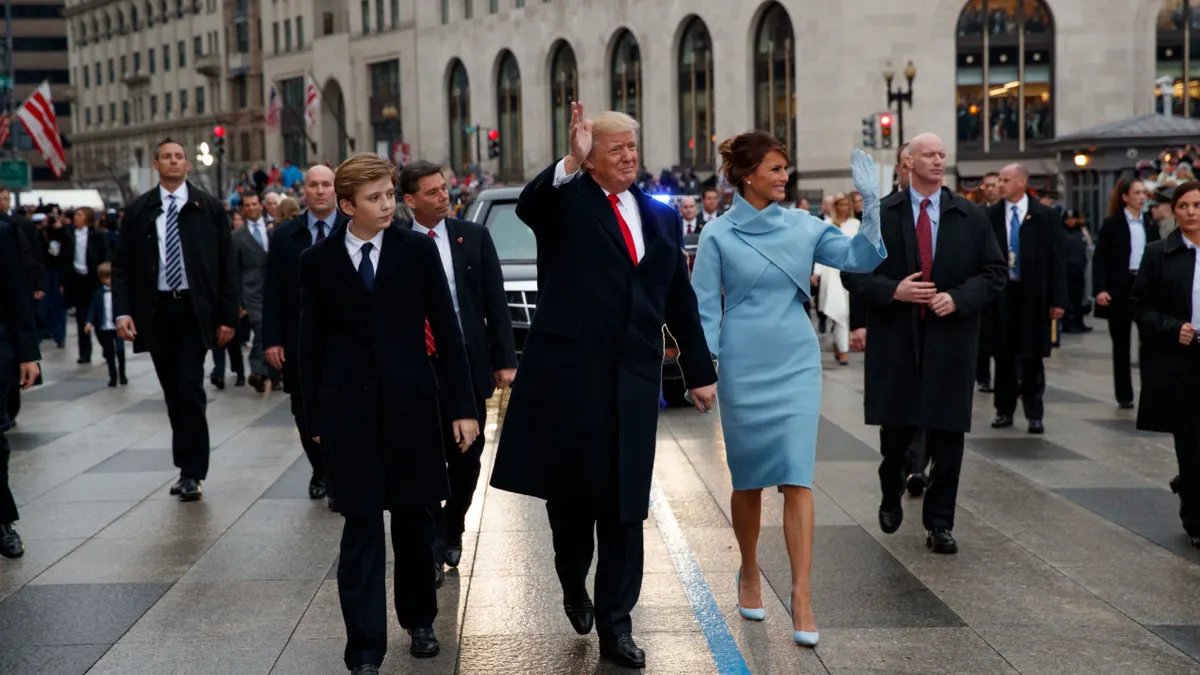Recent investigations into the U.S. Agency for International Development (USAID) have unearthed a controversial funding history, raising questions about the agency's oversight and spending practices. Unearthed documents suggest USAID may have financed Anwar al-Awlaki's college education in Colorado. Al-Awlaki, an American-born extremist linked to al Qaeda, was killed in a 2011 drone strike. He was reportedly involved in the 2009 Fort Hood shooting and the attempted Christmas Day bombing of a Detroit-bound flight.
Documents indicate that in 1990, al-Awlaki allegedly received USAID funding by falsely claiming Yemeni citizenship to secure an exchange visa. This revelation has sparked outrage on social media, with many questioning the agency's vetting procedures.
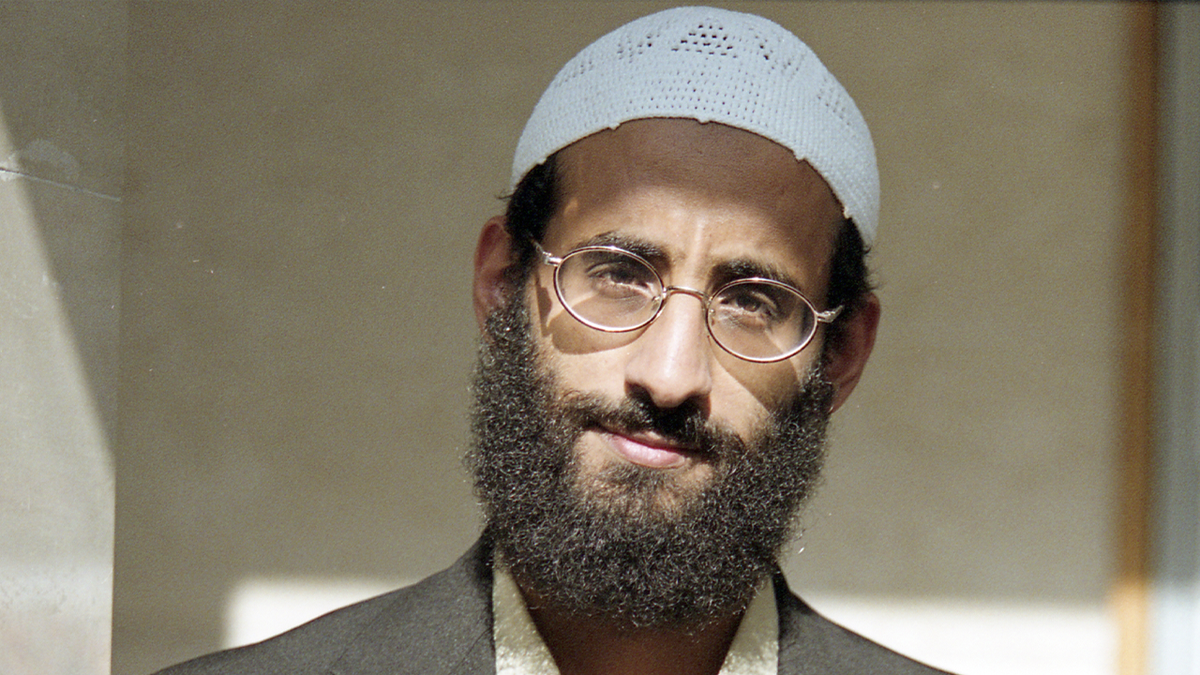
The National Security Archive at George Washington University previously reported on this document in 2015. It apparently shows al-Awlaki listed his birthplace as Sana'a, Yemen, and stated he was studying civil engineering while under the care of "USAID/Sana'a." Colorado State University confirmed al-Awlaki's attendance from 1990 to 1994, where he earned a civil engineering degree.
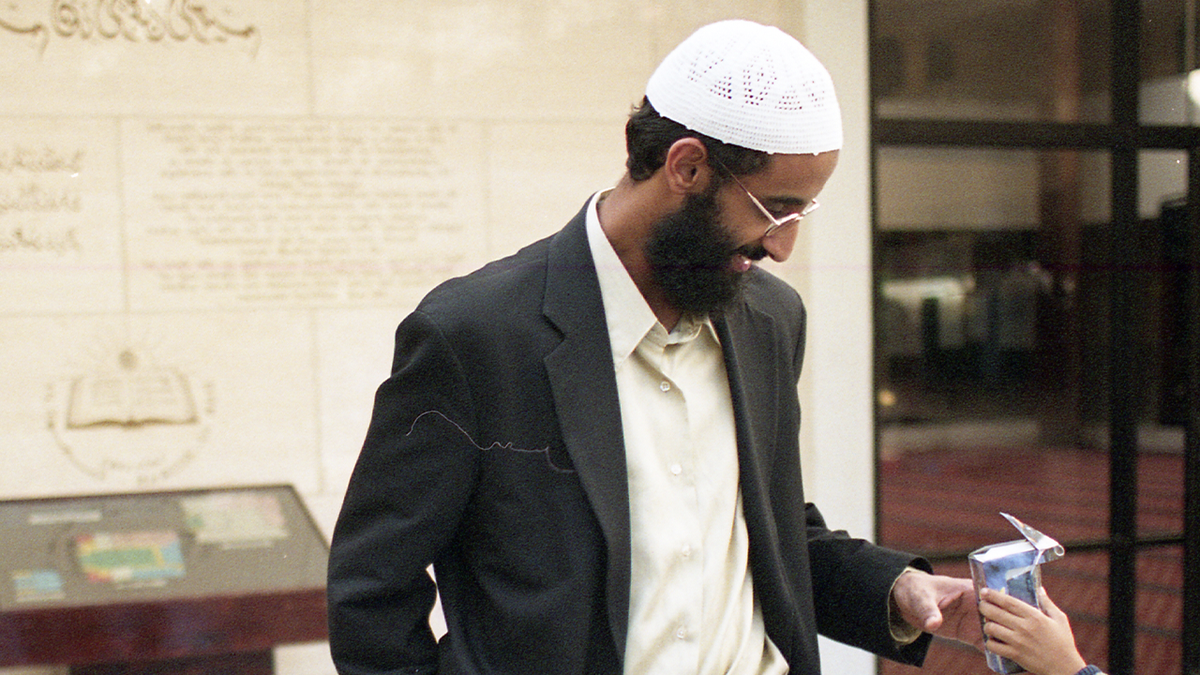
This incident is not the first time USAID's funding choices have come under scrutiny. The agency has been criticized for financing projects perceived as wasteful or misdirected, such as an Iraqi version of "Sesame Street" and transgender activism programs in countries like Guatemala. These programs have drawn criticism from Republican lawmakers, think tanks, and the Department of Government Efficiency (DOGE), which is currently investigating federal agencies for potential overspending, corruption, and fraud.
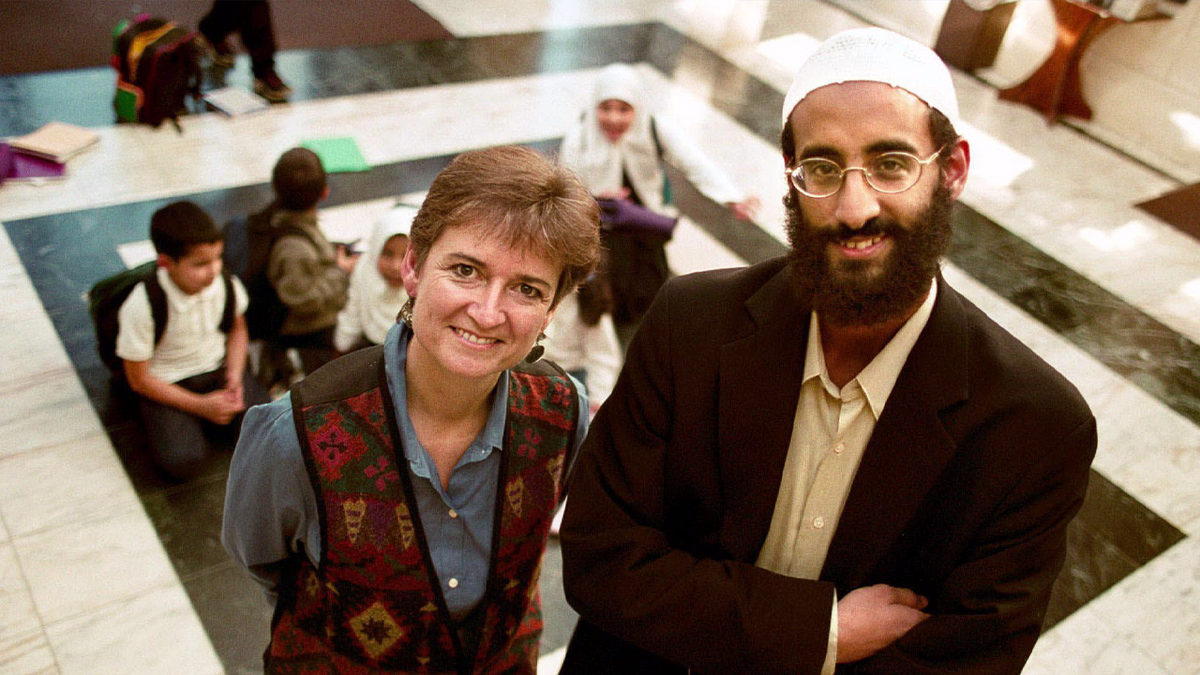
Al-Awlaki's history shows a complex path. He worked as a Muslim cleric in Denver, San Diego, and Falls Church, Virginia, before relocating to Yemen in 2004. He reportedly met two 9/11 hijackers while preaching in San Diego in 2000. Arrested in Yemen in 2006 on suspicion of terrorist connections, he was considered a terrorist sympathizer by U.S. intelligence until around 2009. The Obama administration authorized operations to capture or kill him in 2010, culminating in the 2011 drone strike.
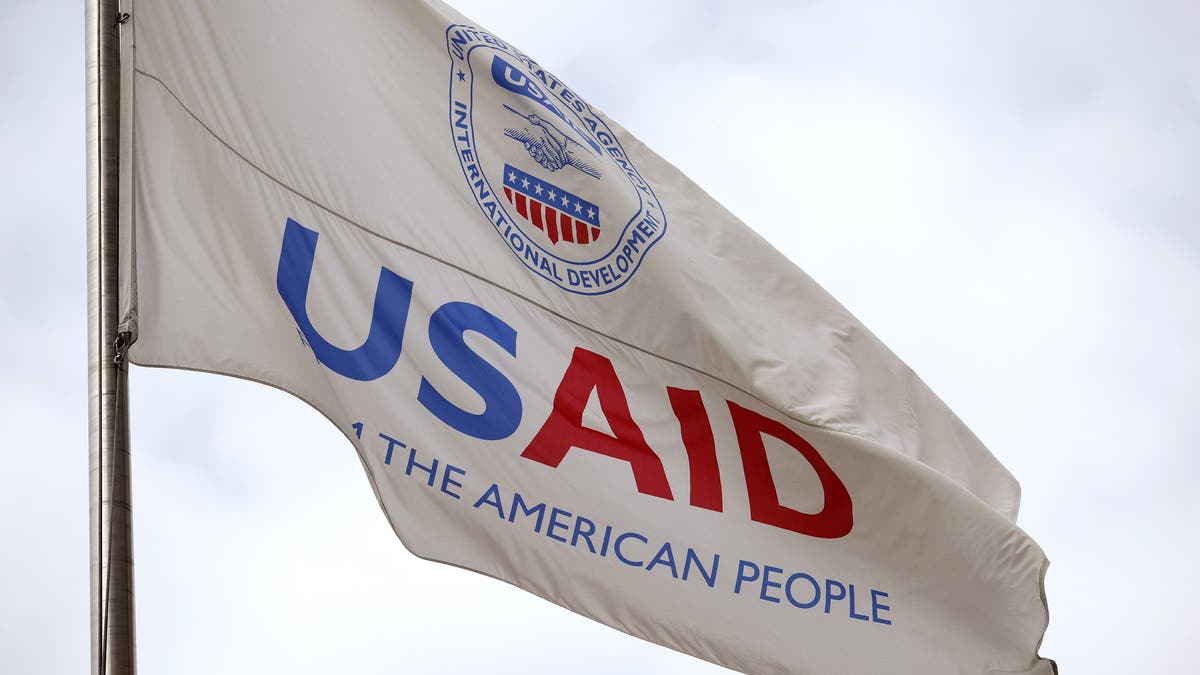
The al-Awlaki funding allegations coincide with the Trump administration's apparent restructuring of USAID. The agency's website was temporarily shut down, with a message indicating most direct-hire personnel would be placed on leave. However, a federal judge temporarily blocked this move, affecting approximately 2,200 employees. This action has sparked criticism from Democrats and government employees, some of whom have described the DOGE investigation as a "mafia-like takeover." Former President Trump has defended the efforts to address government waste and fraud, specifically citing concerns within USAID.

This ongoing saga raises serious questions about USAID's past practices and its future direction. The agency's role in international development and the effectiveness of its programs are now under intense scrutiny.

